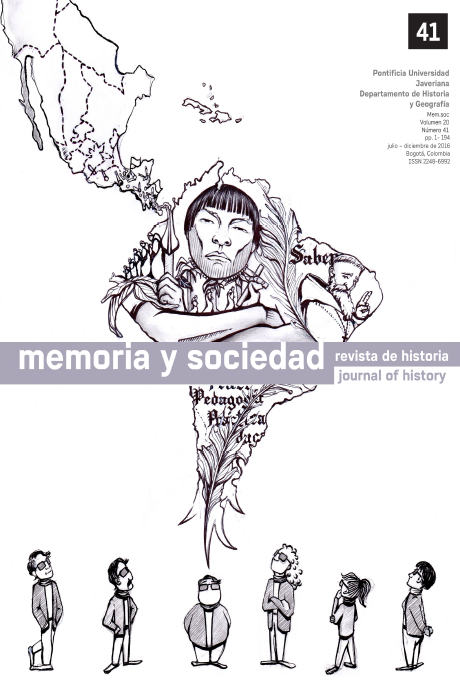Resumen
La obra de Michel de Certeau se puede comprender a partir de tres ejes de reflexión fundamentales que aparecen en toda su obra. Estos la recorren de principio a fin, se manifiestan en su reflexión teológica, su interpretación histórica, su trabajo sociológico, su antropología política o en sus reflexiones de carácter psicoanalítico. En primer lugar, Certeau muestra una recurrente preocupación por los lugares y modos de producción del saber. En segundo lugar, Certeau se ocupa constantemente de lo que llama las «artes del hacer», los modos de consumo ordinario y, en particular, de la manera como el ciudadano común y corriente recibe, vive, transforma y resiste las interpelaciones hegemónicas del Estado, del aparato productivo y de los medios masivos de comunicación. En tercer lugar, Certeau desarrolla una reflexión sostenida sobre la alteridad, su lugar en la sociedad, su producción social en el acto de interpretación y las demandas éticas y políticas que le asisten. Es en torno a este último eje que enfoco el presente texto.
La revista Memoria y Sociedad se encuentra registrada bajo la licencia Creative Commons Reconocimiento 4.0 Internacional. Por lo tanto, esta obra se puede reproducir, distribuir y comunicar públicamente en formato digital, siempre que se reconozca el nombre de los autores y a la Pontificia Universidad Javeriana. Se permite citar, adaptar, transformar, autoarchivar, republicar y crear a partir del material, para cualquier finalidad (incluso comercial), siempre que se reconozca adecuadamente la autoría, se proporcione un enlace a la obra original y se indique si se han realizado cambios. La Pontificia Universidad Javeriana no retiene los derechos sobre las obras publicadas y los contenidos son responsabilidad exclusiva de los autores, quienes conservan sus derechos morales, intelectuales, de privacidad y publicidad.
El aval sobre la intervención de la obra (revisión, corrección de estilo, traducción, diagramación) y su posterior divulgación se otorga mediante una licencia de uso y no a través de una cesión de derechos, lo que representa que la revista y la Pontificia Universidad Javeriana se eximen de cualquier responsabilidad que se pueda derivar de una mala práctica ética por parte de los autores. En consecuencia de la protección brindada por la licencia de uso, la revista no se encuentra en la obligación de publicar retractaciones o modificar la información ya publicada, a no ser que la errata surja del proceso de gestión editorial. La publicación de contenidos en esta revista no representa regalías para los contribuyentes.


